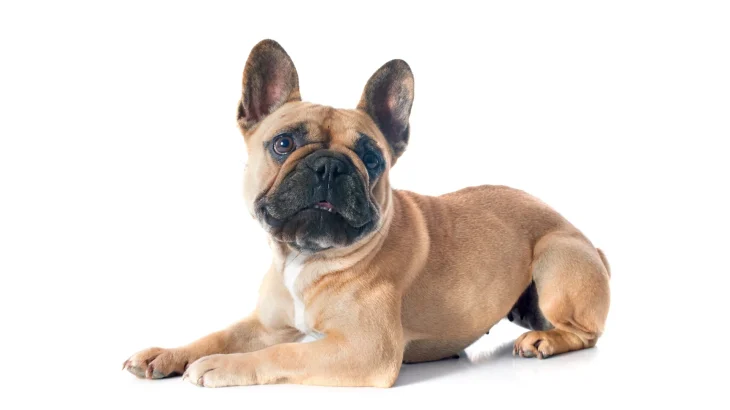Choosing between adopting or purchasing a French Bulldog puppy involves weighing factors like cost, health history, and ethical considerations. Buying from a breeder usually means better insight into the puppy's lineage and health, while adoption helps provide a home to a dog in need, though with less predictability on background.
Adoption vs. Breeder: Pros & Cons
| Criteria | Buying from Breeder | Adopting from Shelter/Rescue |
|---|---|---|
| Cost | Generally higher, often several thousand dollars for a French Bulldog puppy. | Lower adoption fees, typically much less than buying from a breeder. |
| Health History | Detailed and documented health records and genetic screenings are usually available. | Health history may be limited or unknown; basic health checks typically done. |
| Age Availability | Usually puppies, allowing owners to raise them from a young age. | Variety of ages, including adults and seniors, can be adopted. |
| Temperament Insight | Breeders can provide information on lineage temperament and early socialization. | Shelter staff may offer some behavioral insights, but background details can be uncertain. |
| Supporting Practices | Supports regulated breeding programs aiming to maintain breed standards. | Supports animal welfare by giving homes to dogs in need and reducing shelter population. |
| Ethical Considerations | Important to choose from responsible breeders to avoid contributing to puppy mills. | Adoption helps save lives and discourages breeding of dogs that might struggle to find homes. |




















































